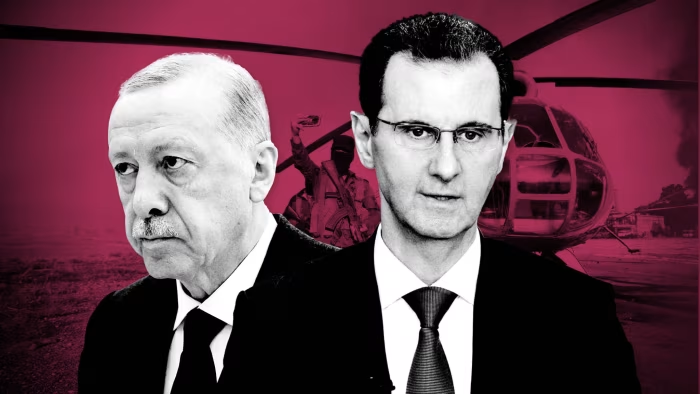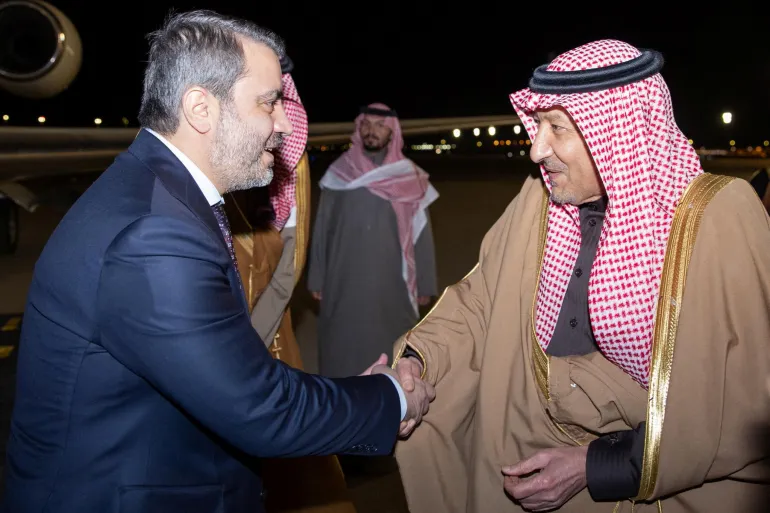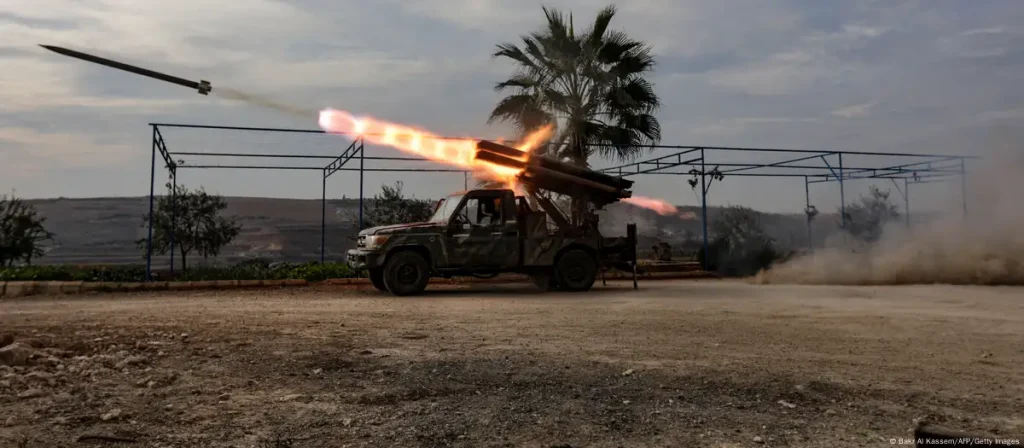First International Flight to Syria Since al-Assad’s Removal Touches Down
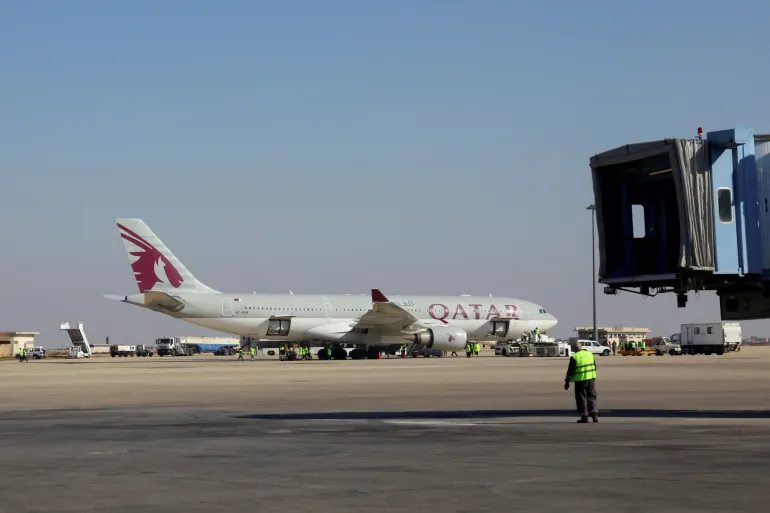
In a historic moment for Syria, the first international commercial flight since the removal of President Bashar al-Assad has landed at Damascus International Airport today. This marks a significant milestone in Syria’s long journey toward re-establishing its international connections after years of isolation and turbulence caused by the Syrian civil war and subsequent global sanctions.
The flight, which arrived from an undisclosed international airport, is viewed as a key moment in the diplomatic and economic resurgence of Syria, a country that has been largely cut off from the global aviation network for nearly a decade. The arrival of the flight signals the gradual re-opening of Syria’s borders for international trade, tourism, and travel, which had been severely impacted due to the ongoing conflict that began in 2011.
Ashad al-Suleibi, head of Syria’s Air Transport Authority, said Qatar had provided assistance in rehabilitating the airport, which had suffered from years of neglect as well as sustaining damages from periodic Israeli air strikes. “There was a lot of damage from the [al-Assad] regime to this lively area and this lively airport and also the Aleppo airport,” he said. Many passengers were Syrian nationals coming back for the first time in more than a decade.
A New Era for Syrian Aviation
The global community has been closely watching the political and economic changes within Syria. After the removal of Bashar al-Assad, who had been in power for over two decades, many wondered how the new government would reshape the country’s foreign relations. The flight’s arrival in Syria signals a warming of relations with international players and is seen as an indication that the country is slowly rejoining the global fold. The international community had imposed strict sanctions and no-fly zones during al-Assad’s tenure, leaving Syria’s international flight services grounded for a prolonged period.
With the war now officially declared over and the transition to a new leadership underway, Syria’s aviation sector has been one of the first to receive tangible benefits from the political thaw. The international flight landed without incident, greeted by a warm reception from Syrian authorities, signaling that the country is open for business and keen on rebuilding its international ties.
Diplomatic Implications
The flight’s arrival has several political implications. The event reflects the trust placed by international powers in Syria’s new administration. While Syria’s relations with some nations, including regional powers, have been historically strained, there is growing optimism about the country’s reintegration into the global community. Countries in the Middle East and beyond are now carefully monitoring the new leadership’s policies, particularly concerning Syria’s economic recovery, human rights situation, and foreign alliances.
The new government has expressed its desire to normalize relations with the West, the Arab world, and regional neighbors. Additionally, Syria has made it clear that it is keen to leverage its strategic location in the Middle East, its historical importance, and its vast resources to foster diplomatic and economic ties. The arrival of international flights is expected to help kickstart trade and tourism, which have been severely impacted by years of isolation.
Impact on Syrian Economy
For years, Syria’s economy has been in dire straits, with significant infrastructure damage, loss of human capital, and a crippled industrial base. The re-establishment of international air travel will undoubtedly provide a boost to the economy, opening avenues for trade and investment.
International flights could serve as a lifeline to key sectors such as tourism, which had once been a major contributor to the economy. Historical sites like Palmyra, the ancient city of Aleppo, and the Mediterranean coastline offer potential for attracting foreign visitors. Tourism, however, will require substantial recovery efforts, especially to address the concerns of safety and infrastructure restoration.
The aviation sector itself is set to play a critical role in rebuilding the economy. The first international flight marks just the beginning of what could become a larger influx of global connections, encouraging the restoration of airports, repair of aircraft fleets, and the revitalization of the country’s once-thriving air travel sector.
Public Reception and Security Concerns
Locals in Syria, particularly in the capital, Damascus, have reacted with cautious optimism. Many view the arrival of international flights as a sign of hope for the country’s future. There is a sense of pride that Syria is returning to the global stage, and the symbolism of the first flight landing after such a long hiatus is not lost on the public.
However, concerns remain over the security situation. Although the war has officially ended, certain regions of Syria continue to experience pockets of unrest and instability. Ensuring that international flights can operate safely and without disruption will require a continued commitment from the Syrian government to maintain peace and security throughout the country.
Moving Forward
As Syria begins to open its skies again, experts predict that more international flights will gradually resume in the coming months, facilitating the exchange of goods, people, and ideas. The government has announced plans to modernize and upgrade Syria’s airport facilities, with foreign investment expected to play a role in this endeavor.
While the road ahead remains complex and challenging, Syria’s first international flight since the removal of Bashar al-Assad offers a glimpse of hope for a peaceful and prosperous future, where the country can rebuild, restore its standing in the international community, and reclaim its place in global affairs.
For now, Syria’s skies have opened, and it is just the beginning of what many hope will be a new chapter in the country’s tumultuous history.


